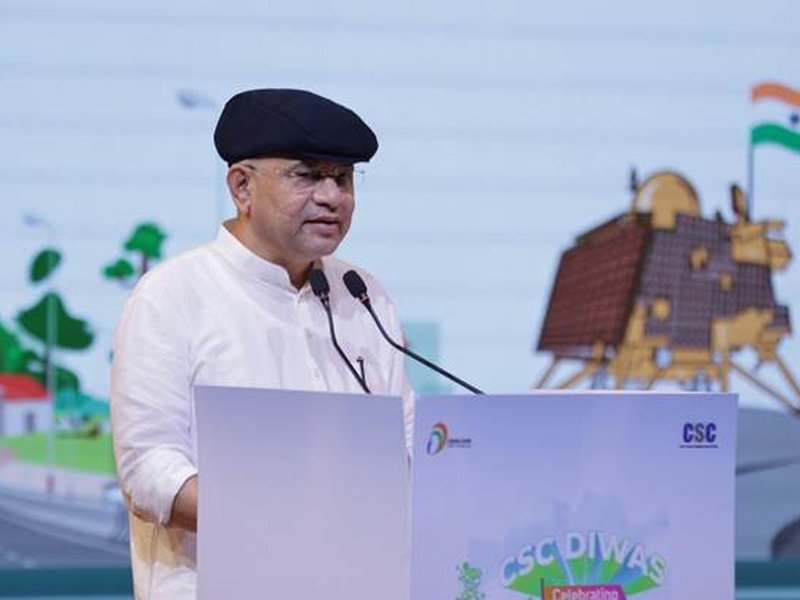 Image Source: ianslive
Image Source: ianslive
India's Unified Payments Interface (UPI) has transformed the nation's digital economy and created a new world standard, Union IT Minister Ashwini Vaishnaw stated on the 10th anniversary of Digital India. Not only has UPI become the payment choice of tea stall vendors and vegetable stall vendors, but it now officially surpassed Visa in daily transactions globally—a feat being celebrated as a symbol of the nation's digital revolution.
Key Highlights
UPI Surpasses Visa:
UPI had crossed 650 million transactions per day in May 2025, overtaking Visa's 639 million to be the largest real-time payments platform in the world.
National Potential:
The take-up of UPI has reached grass-root India, being utilized by small shopkeepers, tea shop owners, and vegetable sellers today—facilitating even rural and distant communities.
Dramatic Growth:
In 2024, the UPI handled 172 billion value transactions of ₹247 lakh crore, recording 46% volume and 35% value growth annually. As of May 2025, monthly transaction value leaped to over ₹25 lakh crore—12 times the total value of all card payments in India.
Global Impact:
UPI processes 85% of India's digital payments and accounts for nearly half of the world's digital transactions. Its strong expansion is now making it the cross-border and domestic retail payments market leader.
Digital Inclusion Success:
The success of Digital India is attested to by the stories of Village Level Entrepreneurs (VLEs) such as Odisha's Manjulata and Meghalaya's Rose Angelina, who have employed digital skills to transform their lives.
Government Incentives:
The government encouraged small merchants with UPI, allowing simple, zero-cost digital payments of up to ₹2,000 and easy adoption by micro-enterprises. Minister's Statement: When the world wanted to know how a vegetable vendor or a tea vendor can make online payments, that has become a reality now—UPI payments have surpassed Visa payments. This is the strength of 1.4 billion Indians," Vaishnaw asserted.
Source: The Shillong Times, PIB, Times of India, Organiser, Economic Times, The Trending People, IANS
Advertisement
Advertisement

